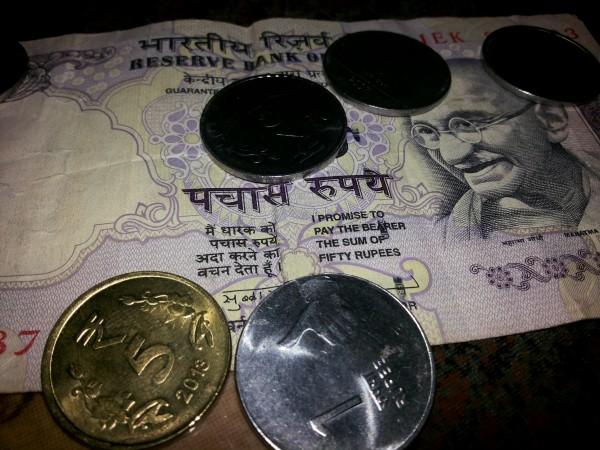
The BJP-led government on Friday promised to bring stability and simplification in tax administration with an aim to win back investors' confidence and stimulate economic growth.
The previous government took aggressive steps to collect taxes from companies, with a motive to raise the revenue and curb fiscal deficit. While these steps did not help collect enough tax receipts, it additionally disappointed the corporate sentiment as the total amount of taxes tied up in disputes and litigation swelled to ₹4 trillion rupees ($66.6 billion).
Finance Minister Arun Jaitley addressed the Parliament and said that the government will focus on smoother and investor-friendly tax policy to boost industrial activity and generate higher revenue.
"We are interested in creating a situation where...we revive that sentiment back," Reuters quoted the minister. "My approach has been that we try and resolve disputes. We try and end arbitrariness. We try and give as much relief to the vulnerable as possible."
However, the sub-five percent growth in the last two years has hit tax revenues, which will pose as an obstacle for the Modi government to cut the fiscal gap to a seven-year low of 4.1 percent of GDP this year.
Jaitley told lawmakers that the government would sell shares of Steel Authority of India, Rashtriya Ispat Nigam Limited and Hindustan Aeronautics during the fiscal year to reinforce revenues.
In the past, global companies including Royal Dutch Shell Plc, Vodafone Group Plc and Nokia had to pay heavy taxes.
Jaitley assured investors that the government would not use the amendment to form new liabilities, while it will also settle pending disputes arising out of liabilities.
"I have allowed the judicial process to sort out the past and for the future we won't allow this problem to take place in India," Jaitley noted.
However, a former lawyer defended Jaitley's decision to extend excise duty cuts for automobiles and other consumer goods until the end of 2015. He opined that the move could perk up demand and help an economic rebound.
"Put more money in the hands of average citizens so that his spending also increases and this larger economic activity will then lead to an enhancement of the growth rate itself," he said.








